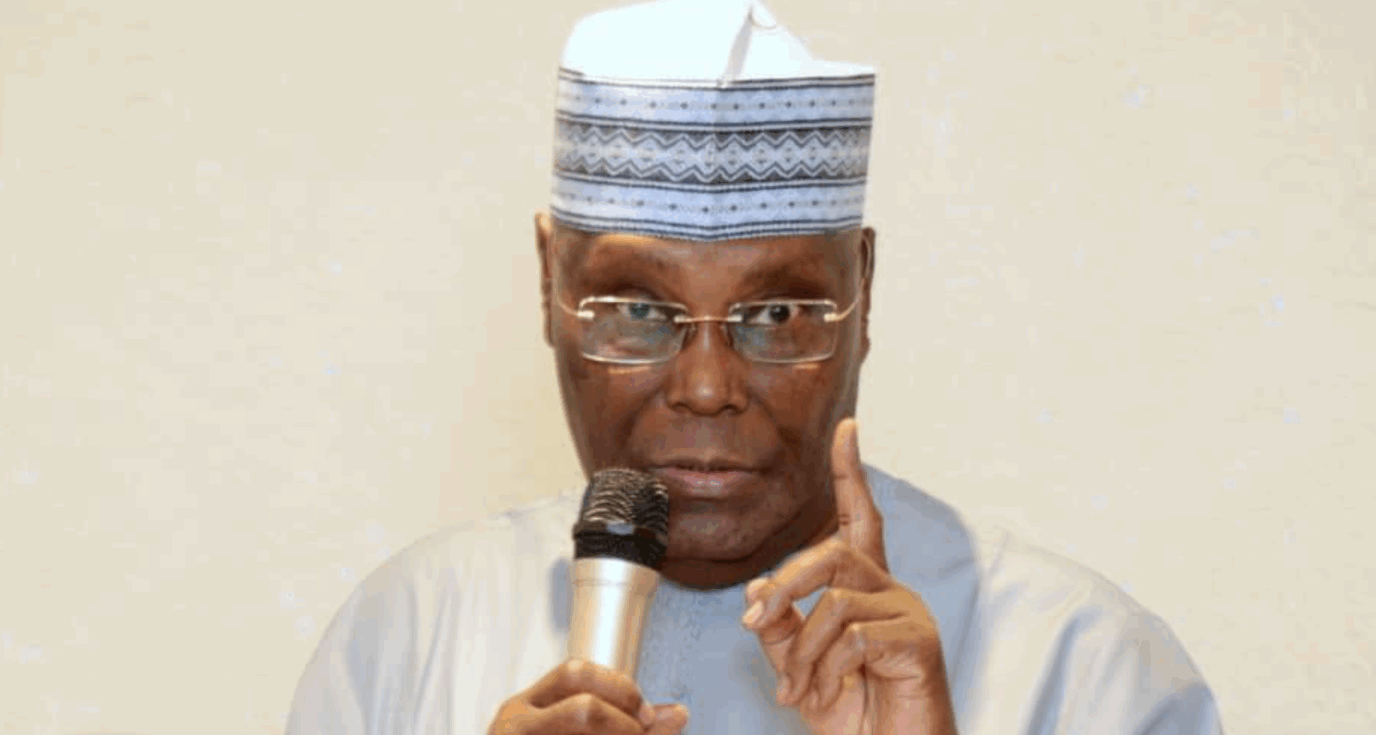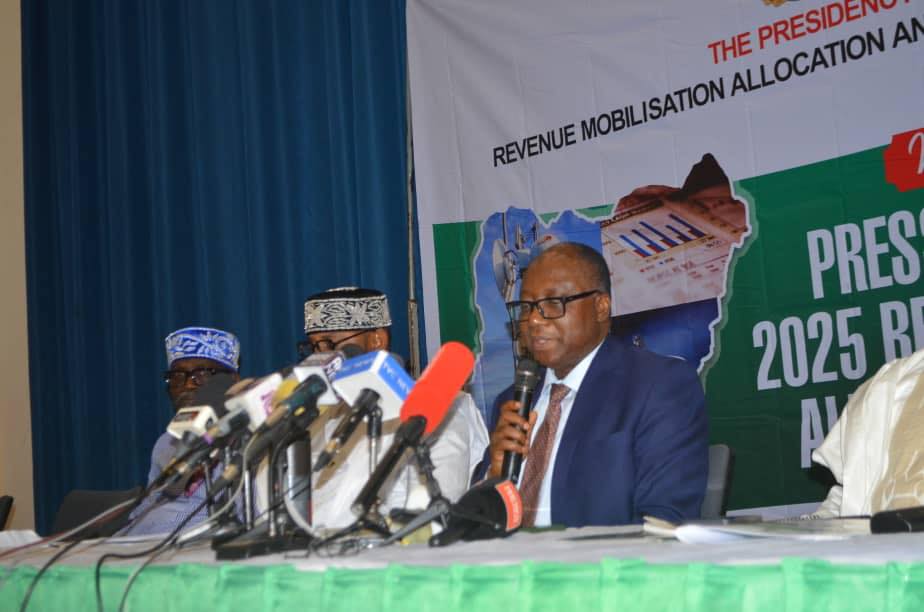The Revenue Mobilisation Allocation and Fiscal Commission (RMAFC) has announced the commencement of a fresh review of the revenue allocation formula that governs how money from the federation account is shared among the federal, state, and local governments.
The exercise marks the first comprehensive reassessment in more than three decades, with the last major adjustment carried out in 1992. Since then, minor modifications have been made through presidential executive orders, but the core structure has remained largely unchanged.
Current Sharing Formula
Under the existing arrangement, the federal government takes the largest share, receiving 52.68 percent of federally collected revenues. States get 26.72 percent, while local governments share 20.60 percent.
In 2022, RMAFC proposed an updated framework that sought to reduce the federal government’s allocation to 45.17 percent, while increasing the shares of states and local governments to 29.79 percent and 21.04 percent, respectively. That proposal has yet to be passed into law.
Why the Review Matters
Speaking at a press briefing in Abuja, RMAFC chairman Mohammed Shehu described the review as “long overdue,” pointing to Nigeria’s “significant demographic, economic and constitutional changes.”
He noted that recent constitutional amendments devolved new responsibilities, including power generation, railways, and correctional services, to subnational governments, thereby expanding their financial and administrative burdens. According to him, without an updated revenue-sharing framework, states and local governments risk being overstretched and unable to deliver on their mandates.
“The aim is to develop a fair, just, and equitable formula that reflects the present-day responsibilities and capacities of the three tiers of government,” Shehu explained.
Government’s Position
The secretary to the government of the federation (SGF), George Akume, also weighed in during a meeting with the RMAFC delegation. He urged the commission to exercise “due diligence” in its review process and to ensure that the final formula includes “irreducible minimum allocations” for critical ministries and agencies, particularly the Ministry of Defence, given its role in safeguarding peace and national security.
Akume assured the RMAFC of full support from his office and expressed confidence in the commission’s ability to deliver a comprehensive revenue-sharing framework.
What This Means for the Economy
The outcome of this review could significantly reshape Nigeria’s fiscal federalism. For decades, states have argued that they shoulder more responsibilities than their share of revenue allows, a gap that has often left them dependent on federal bailouts or unable to invest adequately in infrastructure, education, and healthcare.
If the formula is adjusted to give states and local governments larger allocations, analysts believe it could:
- Strengthen states’ financial independence, reducing overdependence on the federal government.
- Boost investment in grassroots development and infrastructure.
- Encourage more accountability at the subnational level, as states will have greater control over their spending priorities.
However, a reduced federal share may also raise questions about how the central government will fund national security, debt servicing, and major projects at a time of fiscal strain. Striking the right balance between the tiers of government will therefore be crucial.
The RMAFC said it will soon submit a draft proposal to the SGF for review before forwarding it to the National Assembly for legislative approval.












